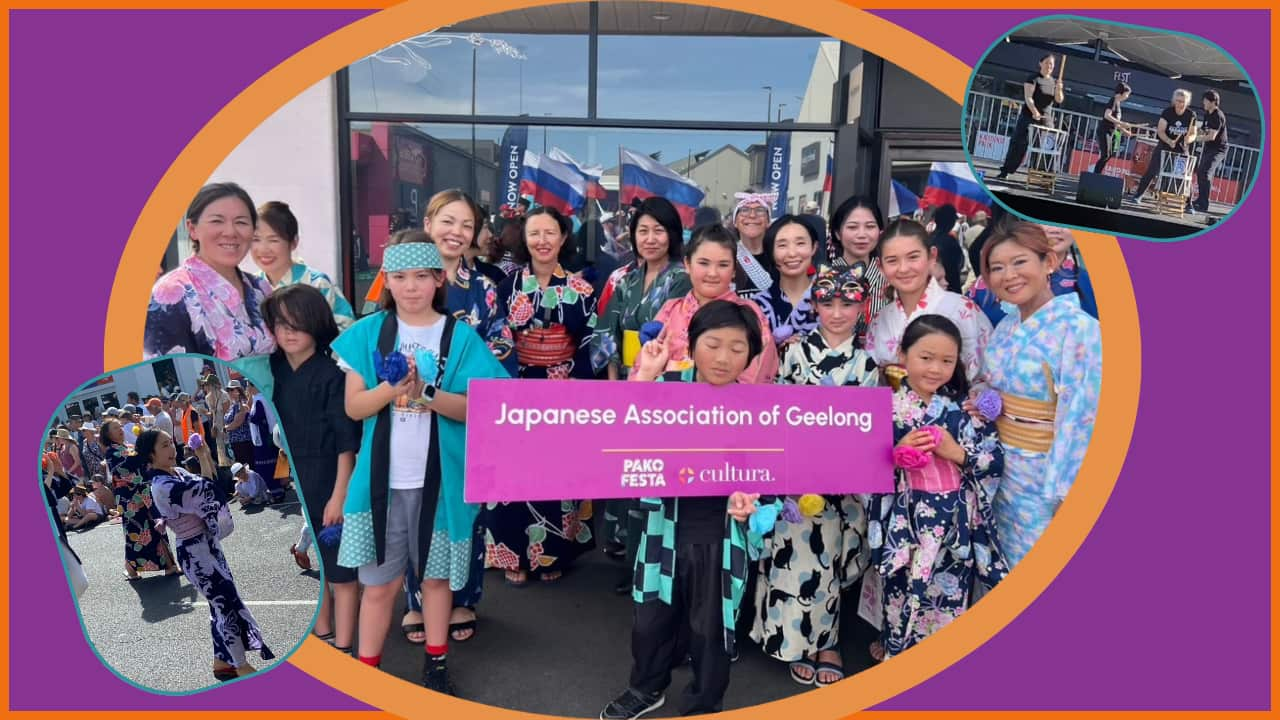Zaiyu's new approach towards the traditional Japanese cuisine attracts both Japanese and non-Japanese customers. His restaurant Den was awarded two stars in the Michelin Guide Tokyo in 2011.
Zaiyu recently visited Melbourne as a part of the Melbourne Food and Wine Festival and for his MasterClass and dinner event. He tells us how his experience in Melbourne was and shares his thoughts on the future of Japanese cuisine.
Zaiyu started his training when he was 18 years old at one of the ryotei, a luxurious traditional Japanese restaurant. Zaiyu became independent at age of 29 when he opened Den in Tokyo.
Zaiyu recently visited Melbourne as a part of the Melbourne Food and Wine Festival. He held his MasterClass during the festival and his dinner event collaborating with Andrew McConnell, the chef at Cutler & Co., was sold out.
How did your MasterClass go?
I was a bit taken aback by the word “Master”. I know I have 20 years of experience but I feel rather like a beginner every year at my kitchen as I encounter new things and meet new customers each year. I’m not a master yet. I myself am not a person who can listen to a lecture sitting quietly so I tried to make the class as interesting as possible to the audience.
Your Dentucky Fried Chicken box has become a cult foodie souvenir. How did the idea come about?
Actually the idea of offering DFC was born to make Den, a Japanese restaurant, a fun place to visit during Christmas. Japanese people tend to enjoy more Western dishes during that time and particularly and weirdly have more KFC as well. It was around October, when the KFC Christmas ads are usually out, and we just thought “let’s make something like KFC”. That’s how it’ started. It’s always exciting to open a box as well. I like interaction with customers so DFC is a communication tool too. I love Japanese cuisine but sadly it’s not widely enjoyed. I thought we needed something new to revive it. I hope DFC makes it easier for Japanese and non-Japanese customers to try more Japanese cuisine. Regarding the questions on the DFC box, I’d rather keep it secret and encourage people to come to my restaurant to figure out more including how we put a photo on the box.
You’ll be cooking with Andrew McConnell at Cutler & Co. What kind of ingredients are you looking forward to working with? What are you looking forward to eating in Melbourne?
Andrew helped me a lot in this. Regarding ingredients, I wanted to use local ones rather than bringing things from Japan. I decided to use King George whiting for fish as I heard it is popular in Melbourne and of course, Australian Wagyu, vegetables and fruits. I enjoy fine dining but I tend to get attracted more to the local food, the food local people eat every day. Australia is so culturally diverse that I can enjoy a wide variety of food from Laksa to Lamington. It’s exciting to see that young chefs like Andrew have started making a new movement in Australia with local food.
When Rene Redzepi, the chef of Noma, the Michelin –starred restaurant in Denmark, was in Japan, you taught him how to cook turtle (suppon). Please tell us about the experience?
Rene came to my restaurant to get some ideas for his new menu. He was going to open a pop-up restaurant in Tokyo. We have mutual customers and friends. I was impressed by Rene’s frank personality and humble attitude to learn. He is one of the world’s number one chefs! Unfortunately turtle couldn’t be a part of the menu as you need skilled hands to prepare and it was impossible to be served to hundreds of customers a day. Rene and I are now friends and see each other every year.
What I learnt from Rene in return is the importance of working as a team. In Japan, it’s more like a top-down approach but Rene discusses things with other staff, asking for their opinions.
Your mother was a geisha working at a ryotei. Tell us about how she’s influenced your cooking?
As a geisha, my mother was always busy day and night, working and taking lessons for dance and musical instruments and so on. But she would make breakfast for me regardless. She sometimes brought back a bento box from the ryotei she works so I had more opportunity to taste those fine food even when I was young. I started my cooking training as a live-in apprentice at the ryotei my mother worked. It was very Japanese and traditional way of training. That experience definitely shaped my foundation.
What have you seen as the biggest changes or trends in Japanese cuisine since you’ve been cooking?
When I opened Den, Japanese cuisine was losing its popularity especially among young people. So I wanted to revive its charm. Nowadays, Japanese cuisine gets more attention from non-Japanese customers. I think that in future, we could have more non-Japanese chefs in Japanese cuisine. They are keen to learn so I hope we’ll have an appropriate training system in Japan for them. Having trained non-Japanese chefs in Japanese cuisine would be a good thing for Japanese chefs as well. They would bring new ideas, new approaches and new ways to the very traditional industry.
What’s your advice to up and coming chefs on handling success?
What I can say is this. The strength of my restaurant is that I’m not the only one who has fans. Every staff member has their fans and probably more than I do. I know you have to be professional and strict sometimes to protect the business and standards, but it’s important to treat your staff with respect and have a great time together. Everyone has something better than what you have. Being humble helps you learn more.
What do you love most about your job?
The best part is to see customers leaving my restaurant with a big smile on their faces. Actually I like it more than cooking. Of course I enjoy trying new ingredients, developing new menus but I do so because I want to see customers’ happy faces. For me, food is rather a tool for communication. It’s not one-way. Maybe I rather see myself as a service staff not a chef just dealing with food.
What would be your last meal?
Something very nostalgic and familiar to me or something I haven’t had before. I’d like to try something new before I die. But probably I prefer to eat something familiar when I really face the end of my life. It would be our restaurant staff meals we cook together.




